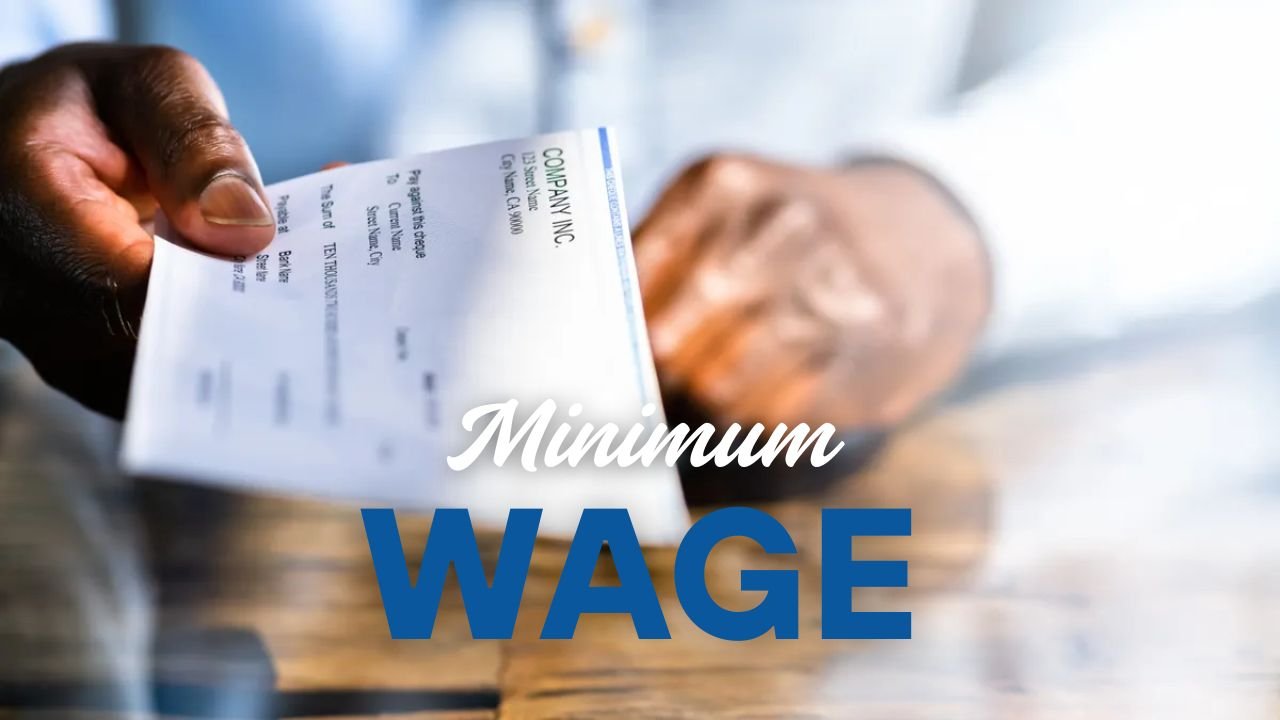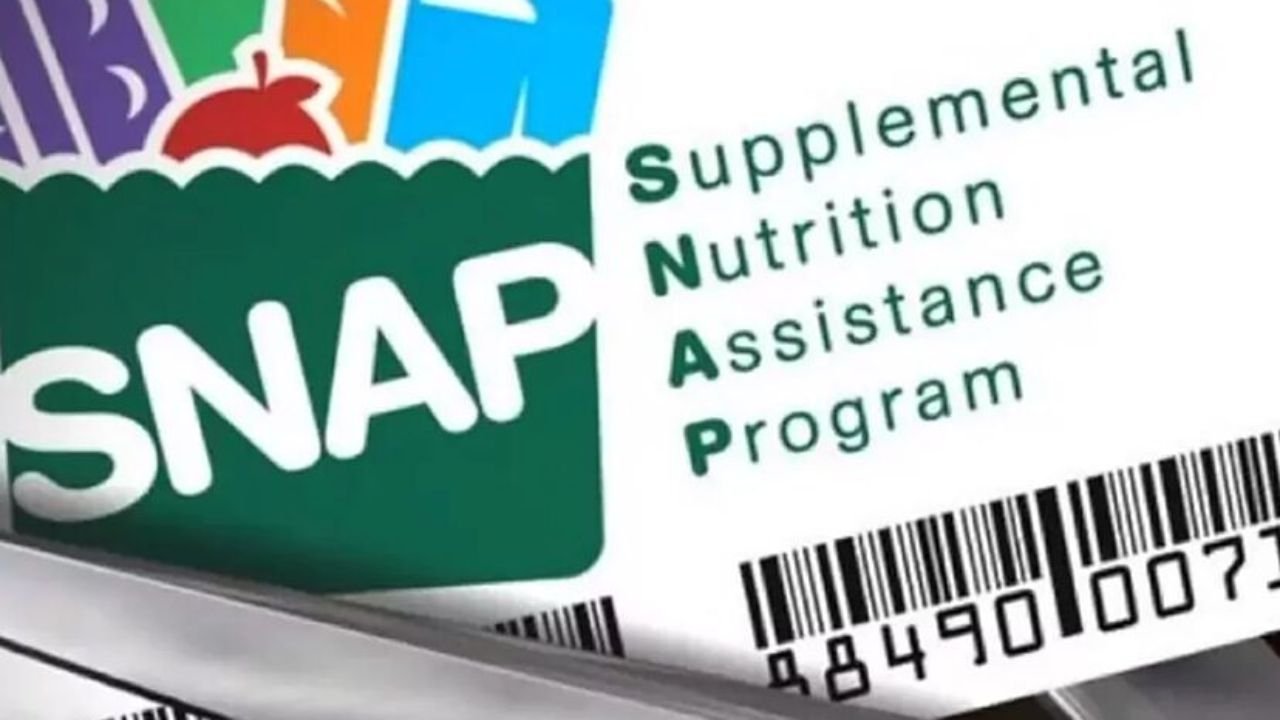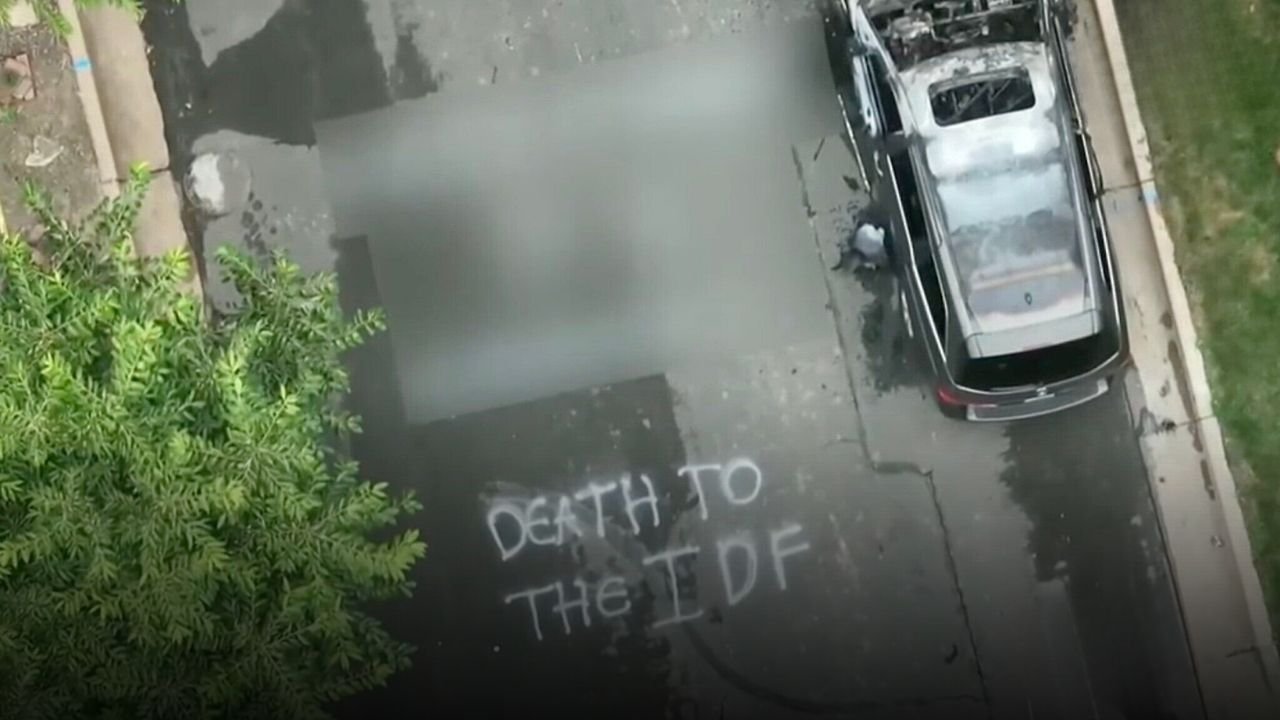ILLINOIS — Navigating child support in Illinois can be overwhelming, especially for parents new to the process. Whether you’re seeking to establish support, modify it, or enforce an existing order, understanding the steps involved can ensure a smoother experience for both custodial and non-custodial parents.
Here’s a breakdown of what Illinois parents need to know about applying for child support.
Who Can Apply for Child Support?
In Illinois, any parent or legal guardian who has custody of a child can request child support. This includes:
-
Biological or adoptive parents
-
Legal guardians
-
Caregivers with court-approved custody
Even if there’s no court order yet, the custodial party has the right to initiate a support claim.
How to Start the Application Process
The primary agency overseeing child support in Illinois is the Illinois Department of Healthcare and Family Services (HFS). The application process begins by:
-
Completing the Child Support Application available on the HFS website.
-
Mailing or submitting it online, depending on your chosen method.
-
Providing all necessary identification and child-related information, including the non-custodial parent’s details.
In cases where paternity hasn’t been established, the state may first initiate legal proceedings to confirm parentage.
Documents You’ll Need
To file for child support, gather the following:
-
A copy of your child’s birth certificate
-
Your government-issued ID
-
Proof of residency and income
-
Any existing custody or divorce orders
-
Known information about the non-custodial parent (such as workplace, Social Security number, or address)
If you’re missing information, don’t panic — HFS will use various tools to locate the other parent.
Establishing a Support Order
Once the application is processed, a caseworker will review your request. The following steps typically occur:
-
Income-based calculations are made using the Illinois Income Shares Model.
-
A court hearing may be scheduled to finalize the order.
-
If both parents agree, a stipulated agreement can be signed and submitted without appearing in court.
According to the Joshua Legal Group, child support in Illinois also considers factors like daycare costs, health insurance, and special needs when determining the final amount.
What Happens After an Order is Issued?
Once issued, child support is typically collected through:
-
Wage garnishment from the paying parent
-
Direct deposit or mailed checks to the receiving parent
-
Interception of tax refunds in cases of delinquency
The HFS also helps monitor compliance and can enforce payment through legal actions if needed.
Legal Help and Free Support Services
While many parents handle the application process alone, others may choose to:
-
Hire a family law attorney for court guidance
-
Utilize free legal aid services for low-income individuals
-
Call the HFS Child Support Helpline at 1-800-447-4278
These services are especially useful for navigating complex issues like interstate child support, support modifications, or enforcement.
Have you gone through the Illinois child support system? Was the process smooth or challenging? Share your experience in the comments on ChicagoSuburbanFamily.com — your voice could help another parent.














